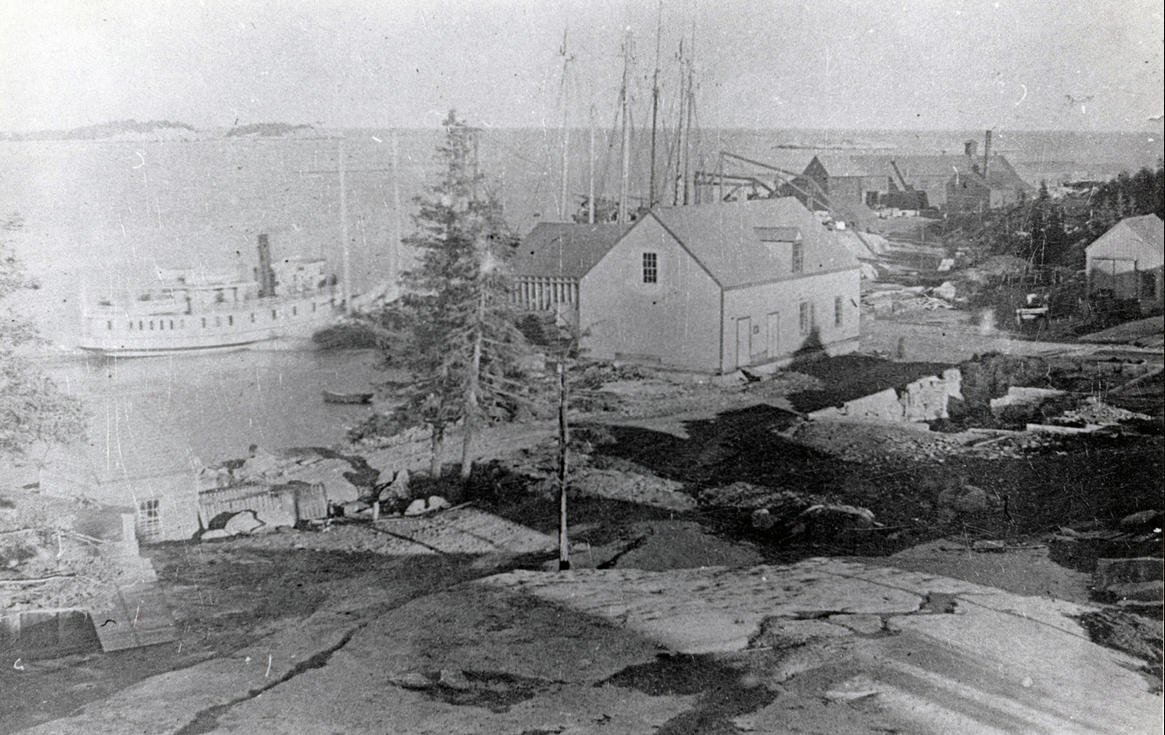Fieldwork
This listing expired on August 7, 2022. Please contact jlb2289@columbia.edu for any updated information.

Location: Hurricane Island, ME
Season: August 7, 2022 to August 12, 2022
Deadline Type: Contact for Details
Website: https://www.hurricaneisland.net/archaeology
Program Type:
Field School
RPA Certified:
No
Affiliation:
Hurricane Island Foundation, Columbia University
Project Director:
Jeff Benjamin
Project Description:
The remains of late nineteenth century granite mining and finishing operations at Hurricane Island, Maine, are a testament to a very recent instance of humans’ enduring relationship with stone. In 1870 the island was transformed into a “company town” providing finished granite structural and architectural components for buildings and monuments across the United States. Several millennia earlier, coastal tribes such as the Micmac and Abenaki — using stone tools — fished and hunted in the same areas where Maine’s granite business was later active, including the works at Hurricane Island. This transition allows us to consider the legacy of human beings as stone-working creatures across time, and how the many varieties and processes involved in stone quarrying and refinement inform sociality and social structures, such as trade, consumption and population. Taking an historical-ecological approach, this summer’s archaeological field program will embrace the challenge of looking at humans’ relation with stone across millennia, as made manifest by the material remains at Hurricane Island.
In this four day course, students will become familiar with the archaeological history of granite production and Wabanaki presence at Hurricane Island as well as the wider coastal environment. We will continue to survey and map the island’s many remaining anthropogenic features, with a particular emphasis upon botanical remains and questions pertaining to public health. We will also conduct excavation work on selected locations in order to determine the extent of Wabanaki presence, and also to gain a more nuanced understanding of the lives and habits of the significant granite working population which peaked in the late 1800’s, and which has limited historical documentation
Period(s) of Occupation: Industrial Archaeology, Historical Archaeology, Prehistoric Archaeology
Project Size: 1-24 participants
Minimum Age: 18
Experience Required: Prerequisites: Curiosity and Interest
Room and Board Arrangements:
$900 total cost for tuition, room and board; August 7-12, 2022
Academic Credit:
n/a
The AIA is North America's largest and oldest nonprofit organization dedicated to archaeology. The Institute advances awareness, education, fieldwork, preservation, publication, and research of archaeological sites and cultural heritage throughout the world. Your contribution makes a difference.
Notifications